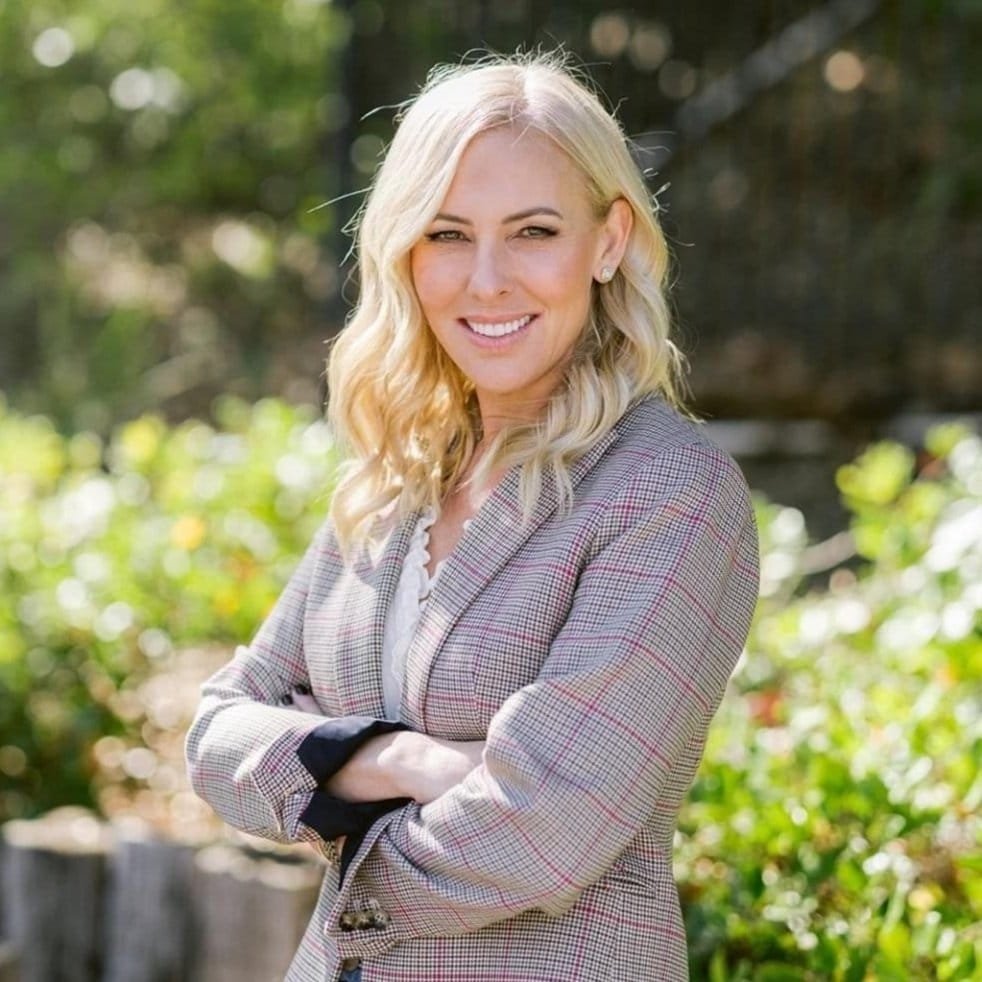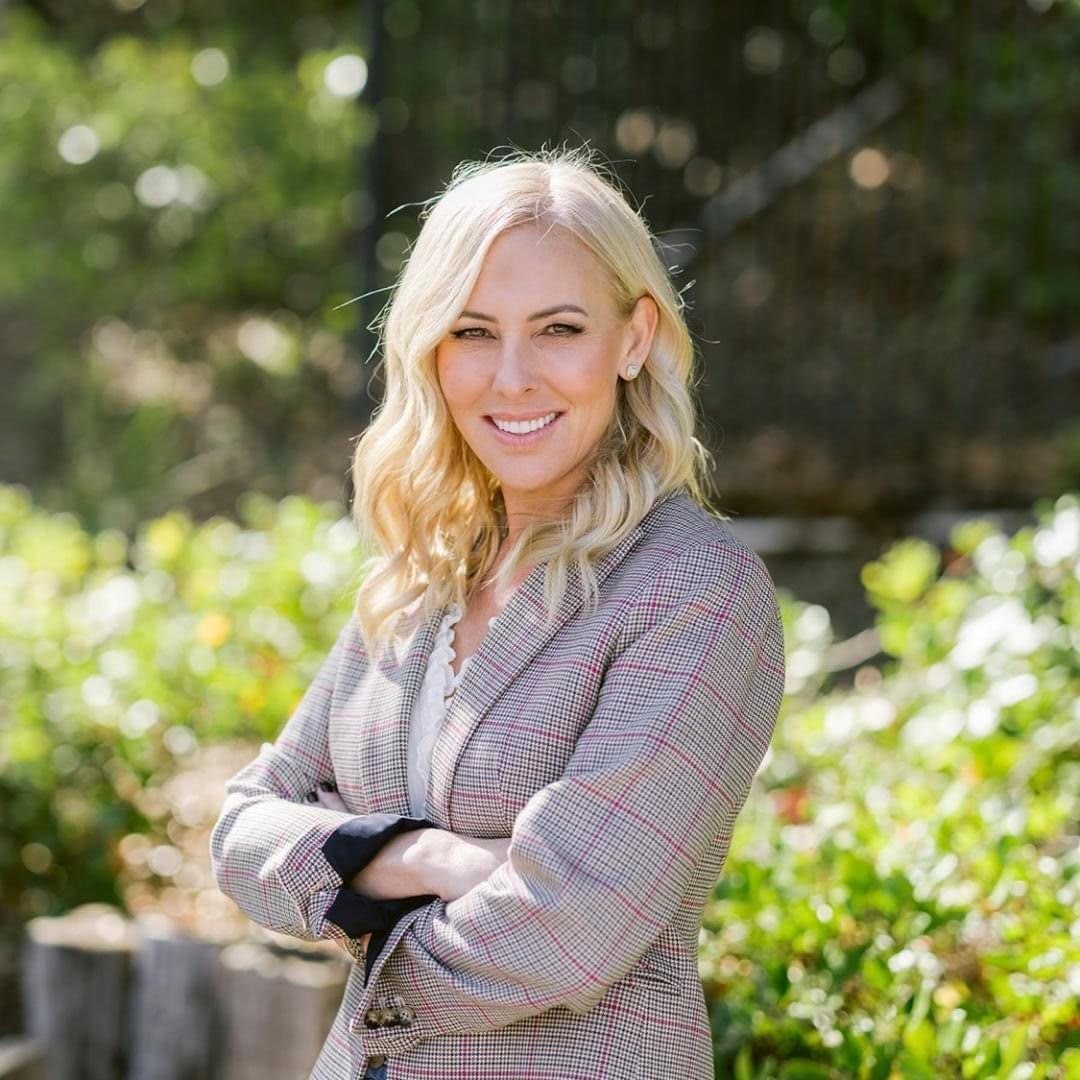I recently went one-on-one with Marsha Stone, founder and CEO of Foundation Stone.
Adam: Thanks again for taking the time to share your advice. First things first, though, I am sure readers would love to learn more about you. How did you get here? What experiences, failures, setbacks, or challenges have been most instrumental to your growth?
Marsha: My journey to where I am today has been anything but linear. Growing up in Moultrie, Georgia, I faced feelings of displacement after my parents’ divorce and struggled with finding a sense of belonging. Despite a seemingly perfect outward life, I battled internal turmoil, which eventually led to my struggle with alcoholism. My journey to recovery began in 2002 after hitting rock bottom and realizing I needed to change for the sake of myself and my loved ones.
Throughout my career, I’ve faced significant setbacks, including having my law license suspended for five years due to my inability to stay sober. This period was incredibly challenging but ultimately led me to Austin, Texas, where I found my true calling in the recovery industry. Founding BRC Healthcare and later Foundation Stone were pivotal moments that allowed me to channel my experiences into helping others. The emotional lows, professional disappointments, and personal betrayals I encountered along the way were instrumental in shaping my resilience, empathy, and dedication to the field of addiction recovery and mental health wellness.
Adam: How did you come up with your business idea? What advice do you have for others on how to come up with great ideas?
Marsha: The idea for my business came during a particularly tumultuous period in my life. After stepping away from my previous company, I faced depression and anger that had built up over years of neglecting my own wellness. During this time, I was supported heavily by my close family and friends, particularly Hayley Sola and Caitlin Stowell, who now work with me at Foundation Stone. Without them, I wouldn’t be where I am today – personally or professionally. They were constantly calling and checking up on me, and even forced me to pull myself up by the bootstraps to remind myself of who I was. I also reconnected with an old friend, Dr. Karen Plywood, who introduced me to integrative and functional medicine. These practices helped me shake some of the negative feelings that were holding me back. This opened my eyes to the importance of holistic wellness in recovery.
When thinking about wellness, it’s essential to ensure you have the time and energy to nurture your mind, body, and spirit. There are no shortcuts to true wellness. At Foundation Stone, we incorporate this philosophy by covering 100% of health insurance for our employees, demonstrating servant leadership through actions, not just words.
For others looking to come up with great ideas, I advise paying close attention to your experiences and intuition. Often, the best ideas come from identifying gaps or unmet needs in your industry. Don’t be afraid to take bold steps and trust your instincts. Surround yourself with a supportive team and be open to making quick decisions when necessary.
Adam: How did you know your business idea was worth pursuing? What advice do you have on how to best test a business idea?
Marsha: Trusting my intuition was crucial. I observed gaps in the behavioral health industry and saw a clear need for a more integrative approach to mental health and addiction recovery. We received calls from people seeking this type of comprehensive care, confirming there was a demand for our services.
To test a business idea, start by being a micro-observer—look for gaps and unmet needs in the market. Float your idea among trusted peers and mentors to gather feedback. Don’t underestimate the power of your good ideas. It will be challenging, but if you believe in your vision, trust yourself and your team. Remember, you are “building to the need”—your business idea should be a response to real demands and gaps in the market.
Adam: What are the key steps you have taken to grow your business? What advice do you have for others on how to take their businesses to the next level?
Marsha: Growing my business involved several key steps:
Building a Strong Team: Surrounding myself with a dedicated, loyal team who share my vision and commitment.
Focusing on Wellness: Ensuring the well-being of my employees and clients by integrating comprehensive wellness programs.
Adapting and Innovating: Continuously evolving our services to meet the changing needs of our clients.
Maintaining Authenticity: Leading with authenticity and vulnerability, which fosters trust and loyalty among my team and clients.
For others looking to elevate their businesses, I recommend investing in your team, staying adaptable, and continuously seeking feedback to improve your services. Authentic leadership is crucial—be genuine and transparent with your team and clients.
Adam: What are your best sales and marketing tips?
Marsha: Our admissions have significantly increased due to our focus on personalized, compassionate care and robust wellness programs. Here are some tips:
Storytelling: Share genuine stories of success and transformation to connect emotionally with your audience.
Leveraging Media: Utilize media appearances and interviews to establish authority and reach a broader audience.
Client-Centric Approach: Always prioritize the needs and well-being of your clients. Happy clients are your best marketers.
Data-Driven Decisions: Use data to track outcomes and refine your marketing strategies.
Adam: In your experience, what are the defining qualities of an effective leader? How can leaders and aspiring leaders take their leadership skills to the next level?
Marsha: An effective leader embodies authenticity, vulnerability, resilience, and adaptability. To take your leadership skills to the next level, focus on these areas:
Authenticity and Vulnerability: Show your true self and be open about your challenges and mistakes. This builds trust and loyalty.
Resilience: Embrace challenges as opportunities for growth. Develop the ability to bounce back from setbacks.
Adaptability: Stay flexible and open to change. Continuously seek ways to improve and innovate.
Empathy: Lead with compassion and understanding. Build strong, supportive relationships with your team.
Adam: What is your best advice on building, leading, and managing teams?
Marsha: Building, leading, and managing teams effectively requires:
Creating a Positive Culture: Cultivate a supportive and inclusive environment where team members feel valued and heard.
Promoting Open Communication: Encourage transparency and open dialogue to foster collaboration and innovation.
Empowering Your Team: Provide opportunities for growth and development. Trust your team and delegate responsibilities.
Leading by Example: Demonstrate the values and behaviors you expect from your team. Be a role model of integrity and dedication.
Adam: What are your three best tips applicable to entrepreneurs, executives, and civic leaders?
Embrace Authenticity and Vulnerability: Being genuine and open about your journey fosters trust and loyalty.
Focus on Wellness: Prioritize the mental and physical well-being of yourself and your team.
Adapt and Innovate: Stay flexible and open to new ideas and approaches. Continuously seek improvement and innovation.
Adam: What is the single best piece of advice you have ever received?
Marsha: The best piece of advice I’ve ever received is to “embrace the journey, for it’s in the process of becoming that we truly find ourselves.” This philosophy has guided me through my recovery and professional journey, reminding me to value every step and trust in the process of growth and transformation.
Adam: Is there anything else you would like to share?
Marsha: I would like to emphasize the importance of destigmatizing addiction and mental health. Education, empathy, and support are crucial in creating a society that embraces and supports recovery. By addressing these issues with compassion and understanding, we can foster healthier communities and save lives.
For more information, you can follow me on Instagram or LinkedIn and visit my website at www.marshastone.com.









